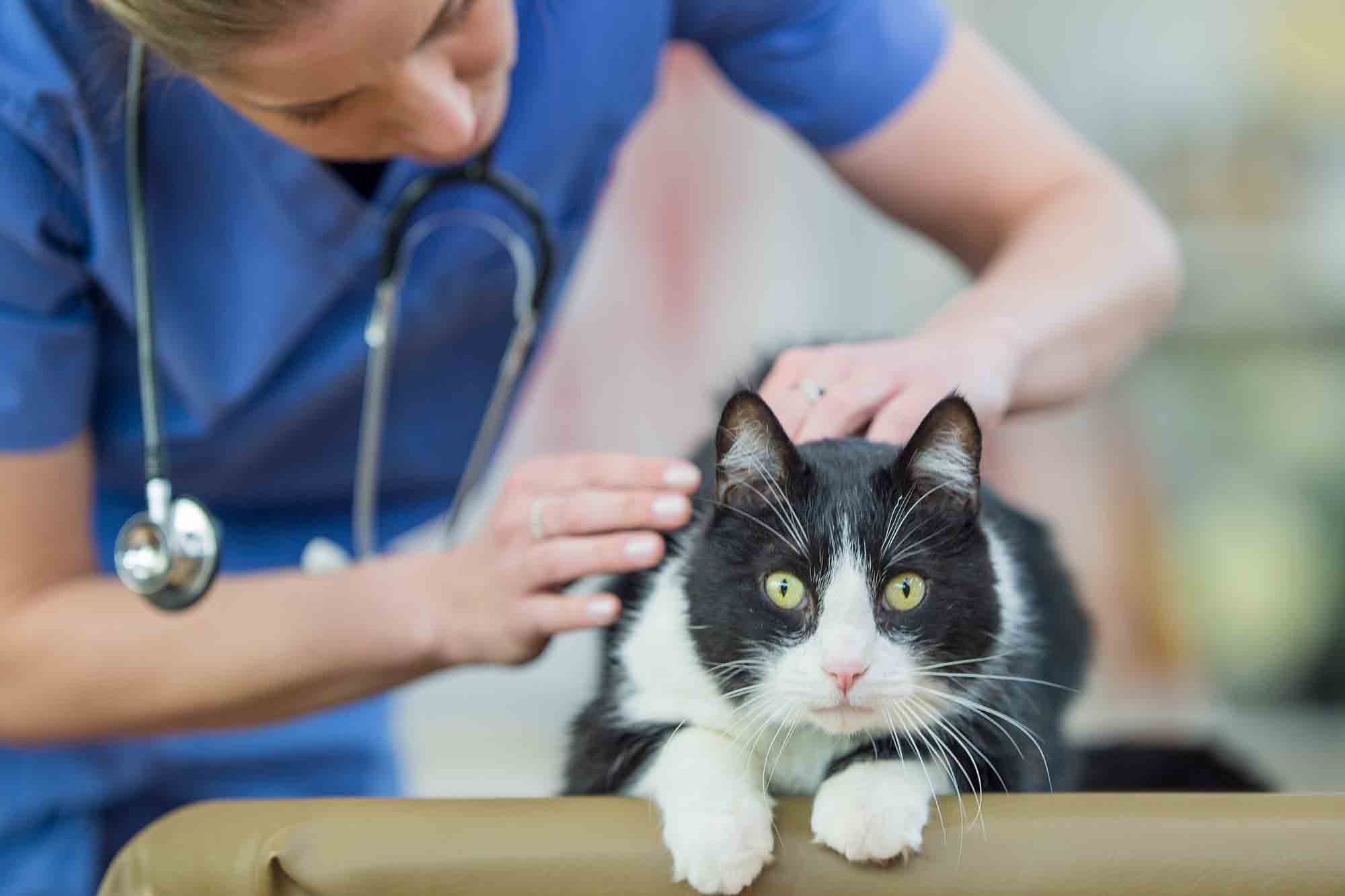For All 9 Lives, Focus on Long-Term Cat Wellness
 Cats just don’t embrace travel the way most dogs do. In fact, for a cat who values territory and routine above all else, any time spent in a vehicle of any kind can be profoundly upsetting. And yet, a cat’s disinclination to leave home is only one contributing factor that results in fewer veterinary visits.
Cats just don’t embrace travel the way most dogs do. In fact, for a cat who values territory and routine above all else, any time spent in a vehicle of any kind can be profoundly upsetting. And yet, a cat’s disinclination to leave home is only one contributing factor that results in fewer veterinary visits.
Another reason, of course, centers on the fact that cats are naturally quiet about illness or injury. As a means of self-preservation, this method inevitably leads to less attention when, really, addressing troublesome symptoms is what’s needed to maintain cat wellness. So, between an anxious, travel-hating cat and one who hides illness, what is a dedicated cat owner to do?
Nip Problems in the Bud
We understand the predicament very well. With a little training, coaxing, and positive reinforcement, your cat can adapt to crate-time and traveling away from the comforts of home. The benefits that stem from your commitment to routinely scheduled wellness exams multiply as the years go by.
Problems that face many cats are sometimes hard to spot. By the time obvious symptoms take center stage, treatment is either ineffective, expensive, or both. Cat wellness care aims to nip problems in the bud before they cause your cat unnecessary suffering.
Wellness Visits: Explained
When we have the chance to examine your cat every year during routine visits (or more frequently depending on age), we take into consideration the following:
- Medical history
- Nose-to-tail physical
- Vaccinations
- Parasite prevention
- Behavioral health
- Diet and nutrition
- Dental health
- Grooming (we can even cut your cat’s nails!)
- Exercise
- Spay/neuter
- Microchip
- Pain management
- Any other question or concerns
Additionally, if our findings from the exam warrant a closer look, we can draw blood, test urine, complete digital x-rays, and conduct other necessary diagnostics to gain a complete picture of health.
The Long View
Certainly, the prevention of contagious diseases is a major component of cat wellness care, but there are many other dangerous ailments that can occur when feline health is taken for granted. Sure, many cats are independent and somewhat aloof, but all cats – indoor-only and indoor-outdoor – can suffer from the following:
- Obesity
- Diabetes
- Periodontal disease
- Chronic kidney disease
- Hyperthyroidism
While the above may seem like problems that only affect senior cats, guess again. Cats as young as three years old can be diagnosed with any number of problems stemming from poor diet, poor oral hygiene, or genetic predispositions.
Young to Old
Due in large part to owner education and involvement, cats can live up to two decades or more. Cats older than 7 years are considered senior and should be treated as such. This means more preventive wellness exams and supportive care at home.
Please contact us if you have additional questions or concerns regarding cat wellness. Check out this great brochure that details how to safely get your cat into his or her carrier. See you soon!

